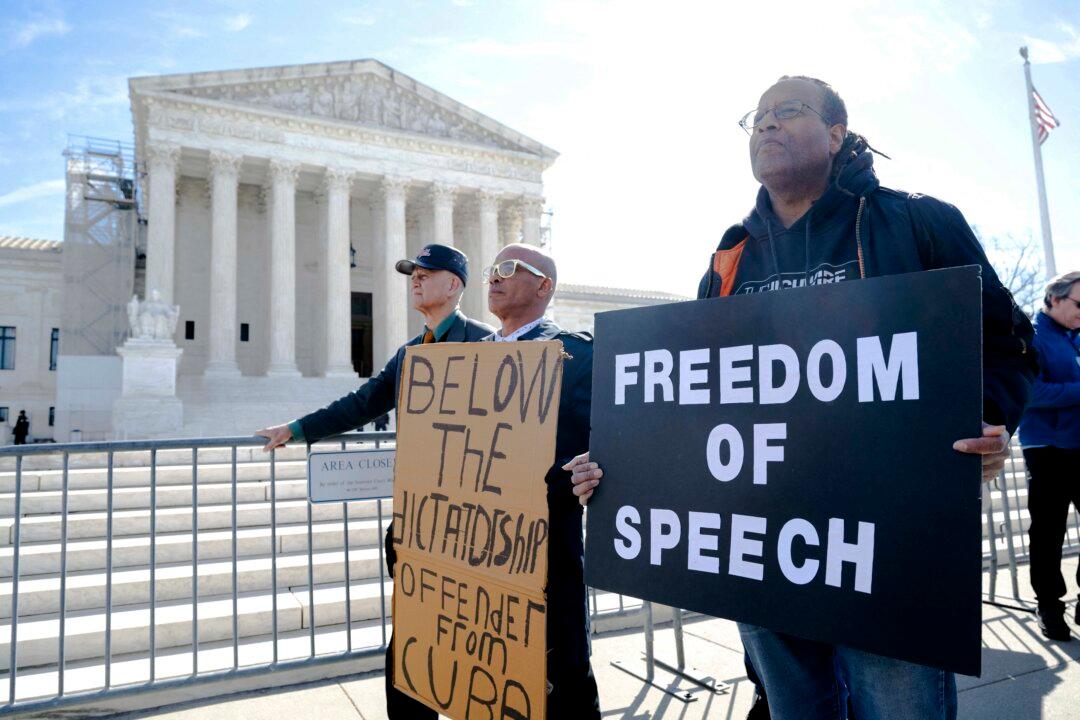On Nov. 8, Coloradans overwhelmingly voted “yes” on Proposition FF, which expands its universal free school meals program by limiting deductions on earners making over $300,000.
As a result, beginning with the 2023-2024 school year, Colorado will create the Healthy School Meals for All program, allowing all school children to receive a complimentary breakfast and lunch regardless of household income. Moreover, the passage of Proposition FF shows Colorado voters are increasingly embracing raising taxes to fund social programs.





